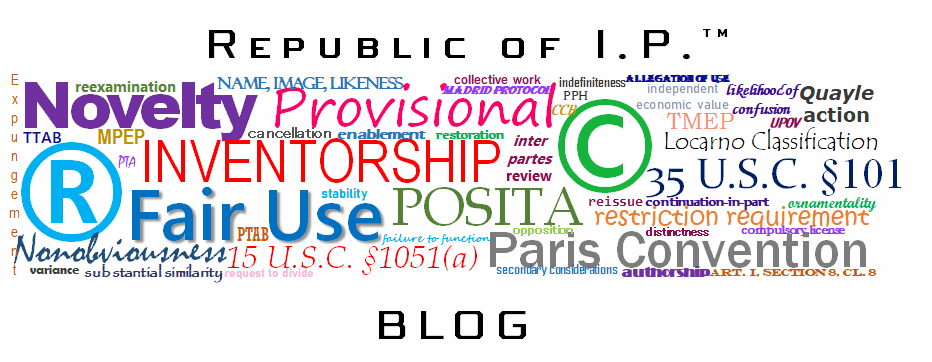Understanding Generic Marks
One of the fundamental principles of trademark law is that certain terms cannot function as trademarks because, as being merely descriptive of the goods or sources, these marks lack the role as an...

One of the fundamental principles of trademark law is that certain terms cannot function as trademarks because, as being merely descriptive of the goods or sources, these marks lack the role as an...
When the USPTO examines trademark applications or when courts assess potential trademark infringement, they rely on a multifaceted analysis to determine whether two marks are likely to cause consumer...
The federal Lanham Act provides trademark owners various legal causes of action, including trademark infringement and dilution. While trademark infringement requires proof of consumer confusion,...
Trademark law intersects with First Amendment free speech rights in several key ways: Prior Restraint and Content-Based Restrictions: When the government denies trademark registration based on the...
Non-fungible tokens (NFTs) have revolutionized digital ownership and created entirely new categories of intellectual property disputes. As these blockchain-based assets continue to evolve, they...
The Lanham Act serves as the cornerstone of federal trademark law in the United States, establishing comprehensive protections for brands, consumers, and public figures alike. Among its many...
The culinary world presents unique challenges when it comes to intellectual property protection. While chefs, food bloggers, and recipe developers invest considerable creativity and effort into their...
The gaming industry sits at a fascinating intersection of creativity and intellectual property law, where developers, content creators, and players constantly navigate complex copyright and trademark...
In our increasingly digital world, data extraction and analysis have become fundamental to how businesses operate, researchers conduct studies, and AI systems learn. Two key concepts at the heart of...
Trademark scams have become increasingly sophisticated, targeting business owners through email, postal mail, and text messages. These fraudulent schemes can cost you hundreds or thousands of dollars...